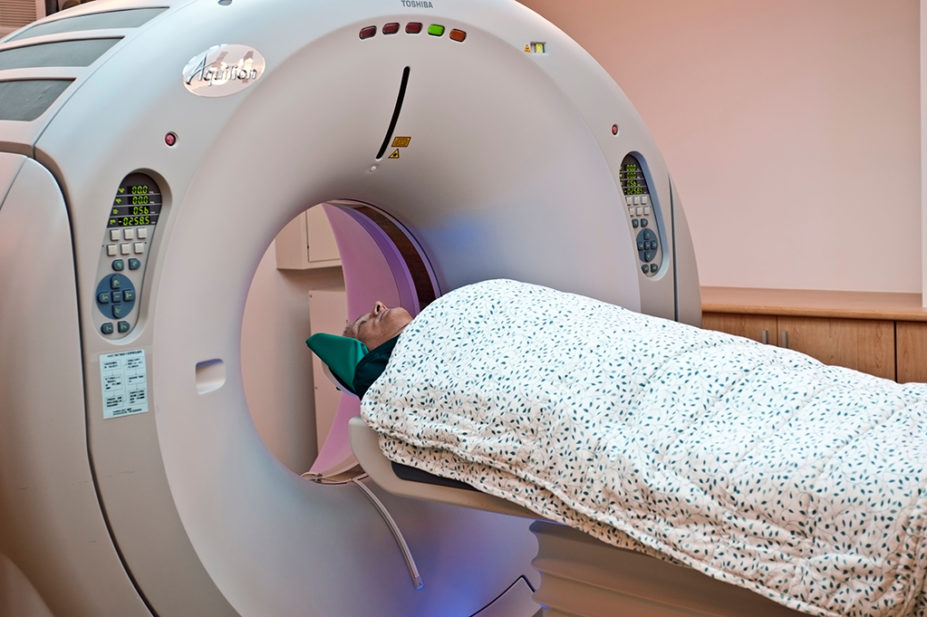
Henry Westheim Photography / Alamy Stock Photo
A small study of 37 patients is the first to directly demonstrate reduced serotonin release capacity in the brains of people with depression, compared to those without, researchers have claimed.
The authors said the findings were consistent with the “serotonin hypothesis” of depression.
In the study, which was published in Biological Psychiatry on 28 October 2022, 17 antidepressant-free patients with major depressive disorder (n=12) or depression linked to Parkinson’s disease (n=5), and 20 non-depressed control patients underwent two 90-minute positron emission tomography (PET) scans; one before a 0.5mg/kg oral dose of d-amphetamine, which stimulates serotonin release, and one three hours after.
The researchers used a radioactive tracer, called Cimbi-36, to reveal how much serotonin was binding to 5-HT2A receptors in the frontal cortex of the brain.
After the d-amphetamine was administered, the researchers observed that the amount of serotonin released in the frontal cortex of the patients with depression was significantly lower than that of the control group (control: 15.0 ± 14.4% vs. patients with depression: 6.5 ± 13.1%; P=0.041).
“Our study thereby provides the most direct evidence to date in support of the serotonin hypothesis of depression,” the authors wrote.
“The ability to directly test serotonin release capacity allows the examination of the mechanisms of action of various antidepressant medications,” they continued.
“It would be interesting to explore whether increased serotonin release (whether direct or indirect) is a requirement for all antidepressant medications, or whether antidepressant mechanisms that do not affect serotonergic neurotransmission are plausible.”
David Taylor, director of pharmacy and pathology at the Maudsley Hospital and professor of psychopharmacology at King’s College London, said this new “small study” gave “an indication” that serotonin release might be impaired in depression, but that the finding needed to be replicated in a large group of participants using different methods.
“The study does not prove that reduced serotonin is the primary or sole cause of depression, but it is consistent with the serotonin-enhancing effects of antidepressants,” he added.
“Depression is a complex condition that arises in the most complex living structure — the human brain. It is perhaps unlikely to be caused by something as simple as a change in function of a single neurotransmitter.”
In July 2022, a large evidence review published in Molecular Psychiatry made headlines around the world after it concluded that there was no consistent evidence of there being an association between serotonin and depression, and no support for the hypothesis that depression is caused by lowered serotonin activity or concentrations.
However, experts expressed concerns that the findings of the review had not been properly understood and that the misunderstanding could have significant repercussions for the treatment of depression.
1 comment
You must be logged in to post a comment.



very interesting